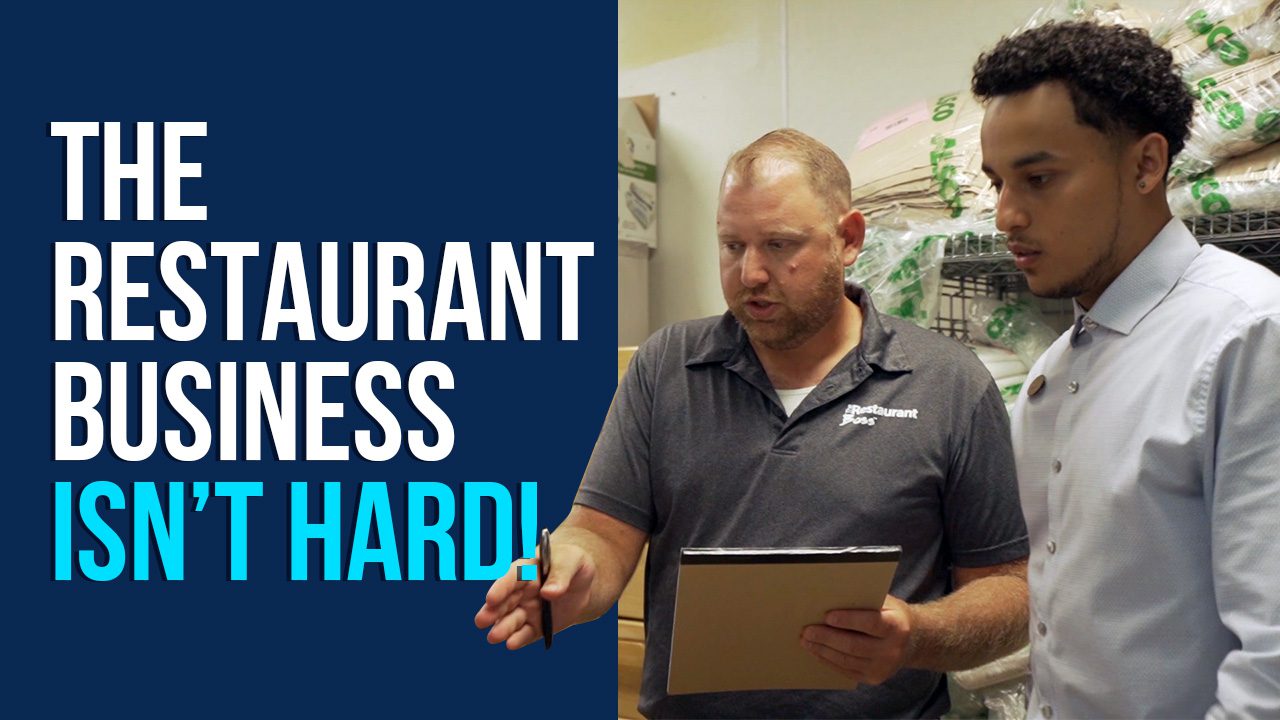Urgent and Important Tasks: Why Does it Matter?
If you want to spend less time putting out fires and more time getting things done, then you need to understand the difference between urgent and important tasks. They may seem similar but there’s a massive difference that makes a significant impact on your productivity. Watch the video to find out! /p>
🔎 CLICK HERE TO READ THE FULL POST
Introduction
Today we’re talking about the difference between urgent and important tasks. They seem very similar but they’re not, there’s a massive difference. The ideas of urgent and important tasks come from a book called The 4 Disciplines of Execution (4DX) by Chris McChesney, Stephen Covey and Jim Huling.
Urgent and Important Tasks
I want you to think of urgent tasks as fire, the thing that needs to get done right now. If something’s on fire, you stop everything you’re doing to put it out. Then I want you to think of important tasks as the fireproofing material. If you build a fireproof environment, it can’t catch on fire. The problem that we run into is when an important task becomes urgent like cramming for a test or doing your homework the night before it’s due. When you got the assignment 2 weeks ago, it was important but not urgent. Tonight, the day before it’s due, it’s urgent and important and will get all of your attention.
What I want you to think about is how many of your tasks in a day are important but we’re pushing them off because there’s no deadline. Then they become urgent and important. Compare that to the number of tasks that you’re working on a day to day basis that are important and you’re actually getting them done before they become urgent.
I have ratios that I set out for people depending on their position, for example, a line-level employee. If you’re a server, a cook, bartender, cashier or host 95% to 100% of your tasks are going to be urgent. Your job is to react or to do what’s in front of you and to think about the day to day. When you move into management, 80% of your time is on urgent tasks and 20% on important tasks (or maybe 70/30).
But as owners and operators, if you are not spending at least 50% of your time on important tasks before they become urgent. You are probably saying things like, “All I do is put out fires.” You’re probably spending too much time putting out fires instead of creating a fire proof environment. I hope that makes sense, I hope that the fire and fireproof environment analogy works for you.
Final thoughts
What I really want you to do is think about your calendar. The previous week we talked about to-do lists and why I don’t like them. Next week, I’m going to show you my calendar and my method of planning that allows me to get a lot more done in much less time than the average entrepreneur, manager or owner out there. It’s not because I’m any better or more talented than anyone out there, I just have better systems. I just learned better systems for time management, processes and procedures. This is just an introduction to that.
This week, your homework is to audit yourself and think about how much time you’re actually spending on the important stuff before it becomes urgent versus only doing urgent tasks. I hope you enjoyed this and I look forward to bringing you next week’s video on creating your calendar, setting it up, and building out the calendar so you can become way more efficient and get way more done in way less time.
If you missed last week’s video in this series, check it out:
🔊 CLICK HERE TO LISTEN TO THE AUDIO
Read More
Running a Restaurant Isn't Hard
The #1 complaint in restaurant management is poor employee performance. If you’re not following this simple 5-step plan to train your employees, you’re never going to get the results that you want from them …ㅤㅤㅤ
Busy Is Killing Your Restaurant
Are you busy? There are things you’re doing all day, every day in your restaurant and it’s those things that are going to put you out of business. There are 4 things you can do today to battle the busy inside your restaurant …
Follow For More:







